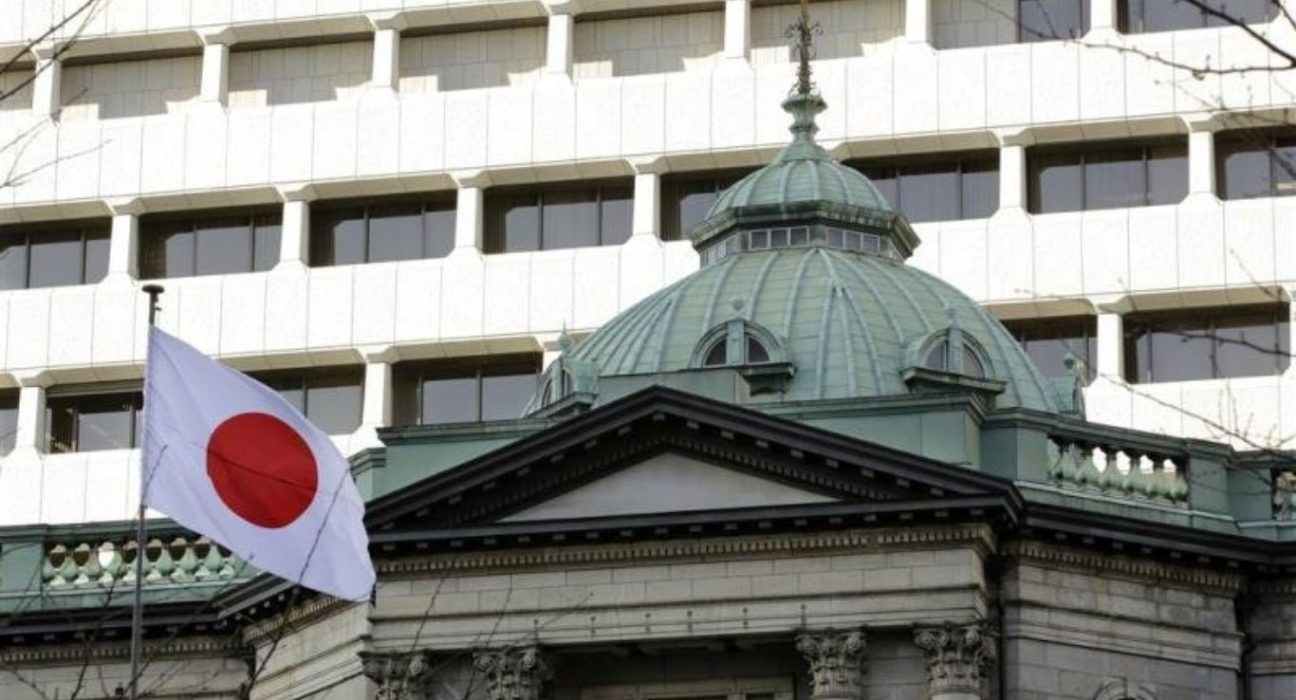The Bank of Japan (BOJ) is expected to maintain its current monetary policy during its upcoming meeting, according to Hiroshi Watanabe, the country’s former top currency diplomat. Watanabe also predicts that the central bank may struggle to raise interest rates off their ultra-low levels due to the weak economy.
Inflation is currently exceeding the BOJ’s 2% target, which has led some market players to bet on the central bank phasing out its controversial bond yield control policy as early as this week’s meeting.
Monetary Policy and Interest Rates
The BOJ has been pursuing a monetary easing policy for years, in an attempt to combat deflation and stimulate economic growth. The policy has involved keeping interest rates at ultra-low levels, as well as implementing a bond yield control policy.
However, despite these efforts, Japan’s economy has remained weak, with sluggish growth and persistently low inflation. As a result, the BOJ has been under pressure to raise interest rates and withdraw some of its monetary stimulus measures.
Challenges Ahead
According to Watanabe, the BOJ may struggle to raise interest rates off their current ultra-low levels this year, due to the weak economy. While inflation has exceeded the central bank’s 2% target, this is largely due to rising energy prices, rather than sustained economic growth.
As a result, the BOJ may need to maintain its current monetary policy for some time, in order to support economic growth and stimulate inflation. This could involve continuing to keep interest rates low, as well as implementing further monetary easing measures if necessary.
Phasing Out Bond Yield Control
Despite the challenges facing the BOJ, some market players have speculated that the central bank may begin phasing out its controversial bond yield control policy as early as this week’s meeting.
Under this policy, the BOJ aims to keep 10-year government bond yields at around 0%, in order to stimulate borrowing and lending. However, the policy has faced criticism for distorting the bond market and limiting the BOJ’s ability to raise interest rates.
If the BOJ were to phase out this policy, it would signal a significant shift in its monetary policy approach. However, it remains to be seen whether the central bank is ready to take such a step, given the challenges facing Japan’s economy.
Conclusion
The Bank of Japan’s upcoming monetary policy meeting is likely to focus on maintaining the status quo, rather than making major changes to interest rates or monetary easing measures. While inflation has exceeded the BOJ’s 2% target, the weak economy means that the central bank may struggle to raise interest rates off their ultra-low levels.
Despite this, some market players are speculating that the BOJ may begin phasing out its controversial bond yield control policy as early as this week’s meeting. Whatever the outcome, the central bank faces significant challenges in supporting Japan’s economic growth and stimulating inflation in the years ahead.










